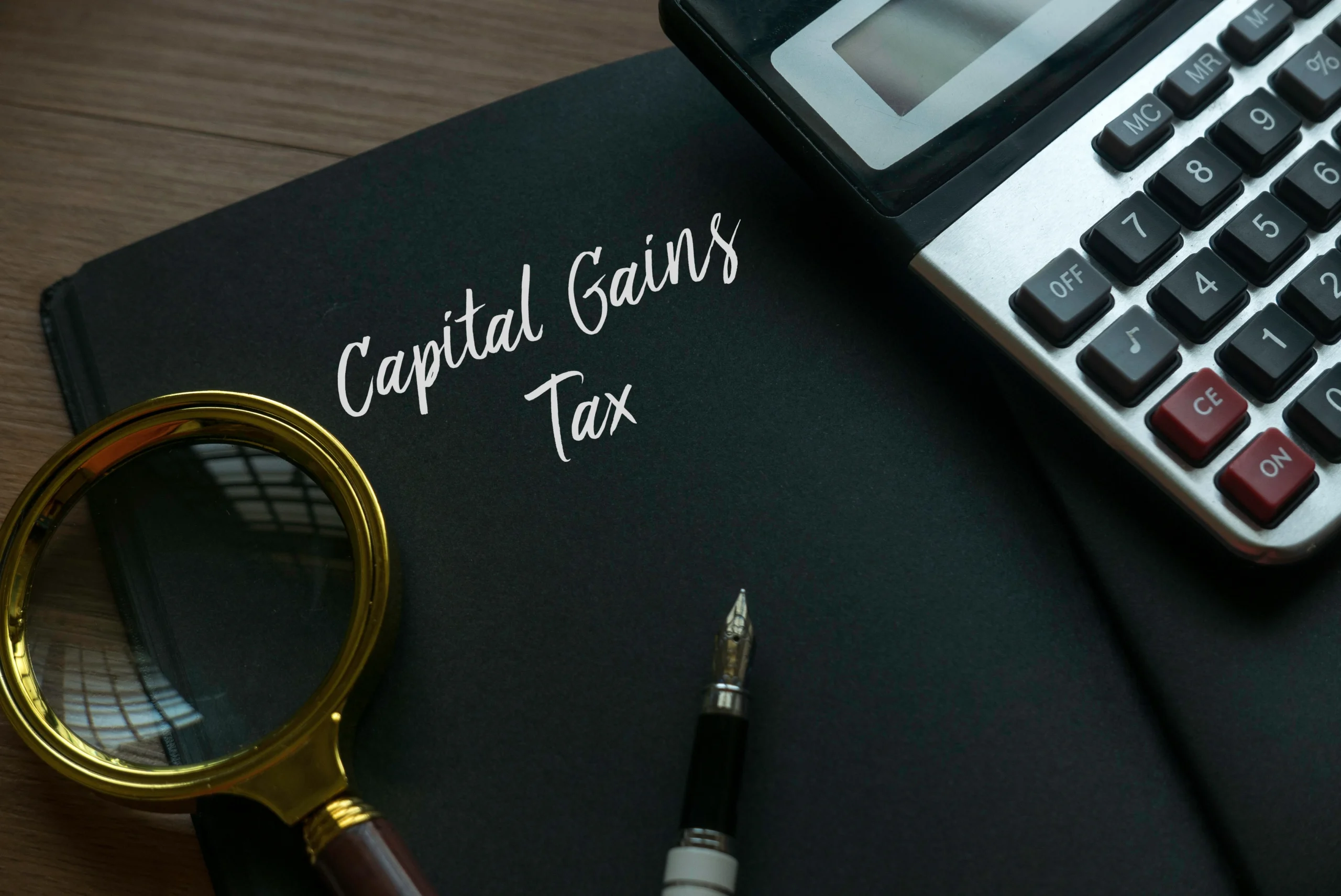Capital Gains Tax (CGT) can often be a source of confusion for many taxpayers. With various misconceptions surrounding CGT, it’s important to separate fact from fiction. In this blog, we debunk 10 common myths about Capital Gains Tax and provide clarity on this crucial aspect of taxation.
1. Myth: CGT is a Separate Tax
Fact: Capital Gains Tax is not a standalone tax but part of your income tax. It’s calculated on the net capital gains (the difference between your capital proceeds and the cost base of your asset) and added to your other taxable income.
2. Myth: All Property Sales Attract CGT
Fact: The main residence exemption can exempt your home from Capital Gains Tax. However, if you’ve used part of your home for income-generating purposes or it’s not considered your primary residence for a portion of the ownership period, CGT might partially apply.
3. Myth: Inherited Properties are CGT Free
Fact: While inheriting property isn’t a Capital Gains Tax event, selling it later is. The key is the property’s cost base, often the market value at the time of inheritance, especially if the deceased didn’t use it as their primary residence.
4. Myth: CGT is Charged at a Flat Rate
Fact: Capital Gains Tax is calculated based on your marginal tax rate. The gain is added to your income, potentially pushing you into a higher tax bracket.
5. Myth: Business Assets Are Exempt from CGT
Fact: Business assets can attract Capital Gains Tax, but small businesses may access concessions like the 15-year exemption, 50% active asset reduction, and retirement exemption, which can significantly reduce CGT.
6. Myth: All Personal Assets Are Exempt
Fact: While many personal assets are Capital Gains Tax-exempt (like your car, furniture or other assets costing $10,000 or less), some, such as collectibles or personal use assets valued over a certain threshold, can attract CGT.
7. Myth: You Always Pay CGT on Shares
Fact: Capital Gains Tax on shares depends on whether there’s a capital gain or loss. Keeping accurate records of acquisition costs and understanding the market trends are vital for calculating potential CGT on shares.

8. Myth: Renovations Always Increase CGT
Fact: While major renovations can increase the cost base, thereby potentially reducing the Capital Gains Tax, this isn’t always the case. It depends on the nature and value of the renovations.
9. Myth: CGT Discount is Automatic
Fact: The 50% Capital Gains Tax discount for assets held longer than 12 months is not automatically applied. You must meet specific criteria, and it’s only available to Australian residents for tax purposes.
10. Myth: You Can’t Reduce CGT Liability
Fact: There are legal ways to reduce Capital Gains Tax, like timing the sale of an asset, keeping accurate records to increase the cost base, or using capital losses to offset capital gains.
Conclusion:
Understanding Capital Gains Tax is crucial for effective financial planning. By debunking these myths, we hope to provide a clearer picture of how CGT works and help you make more informed decisions. Always consider seeking professional advice to navigate the complexities of Capital Gains Tax and optimise your tax situation. You can also use TaxTank to manage your CGT obligations. With our built in smart calculations, it takes the guesswork out of manually calculating CGT.





